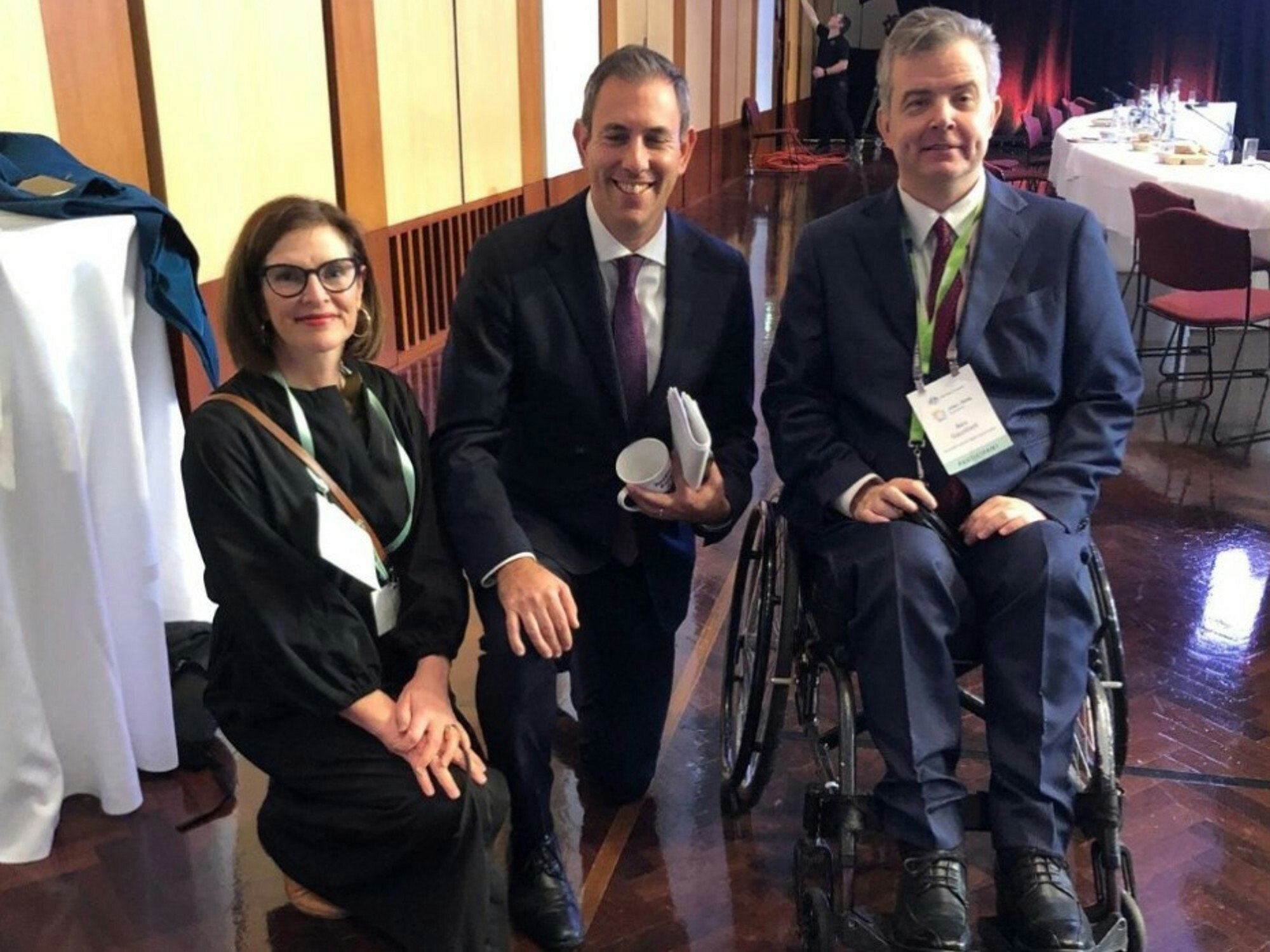Peak bodies demand for the Disability Support Pension working criteria to change

People With Disability Australia (PWDA) and other disability representative organisations say more needs to change to accommodate and incentivise people living with a disability to return to work, namely changes to the Disability Support Pension (DSP) criteria.
The peak bodies are calling for changes to the DSP that would allow recipients to keep more of the money they earn when taking on paid work, similar to what the Federal Government awarded to Age Pension recipients at last week’s Jobs and Skills Summit.
Currently, the DSP is structured so single recipients lose 50 cents for every dollar earned above $190 per fortnight.
At the Summit, the Government committed to providing a temporary upfront $4,000 income bank credit to allow Age Pension recipients to earn more before their pension is reduced.
Age Pension recipients can now retain up to $11,800 this financial year before losing any of their pension.
Social Services Minister Amanda Rishworth spoke at the Jobs Summit and confirmed the Federal Government would team up with the Business Council of Australia to establish a Disability Employment Initiative Pilot, which will encourage more people with disability to enter the workforce.
Carolyn Hodge, PWDA Deputy Chief Executive Officer (CEO) says while the organisation welcomed the Disability Economic Initiative Pilot, more still needs to be changed to get people with disability back into the workforce.
“There is a key opportunity to provide immediate and tangible change for people with disability and benefit employers at the same time by boosting the workforce,” says Ms Hodge.
“Increases to the DSP’s income-free threshold has dual benefits, it supports people with the additional costs of disability in a time of rising living costs and it can boost workforce numbers in a time of skill shortages.”
The disability sector peak bodies want to see similar changes to the DSP that have been made for age pensioners to return to the workforce.
Ross Joyce, CEO of the Australian Federation of Disability Organisations, backs this sentiment, saying there is no guarantee that when a disability prevents someone from working they would be able to access the DSP again within a reasonable time or at all.
“This means no security of employment, housing or access to adequate medical support and all of the uncertainty and instability this generates for people and their families,” he says.
“It’s a hugely punitive system that punishes people trying to make a reasonable life within already challenging conditions.”